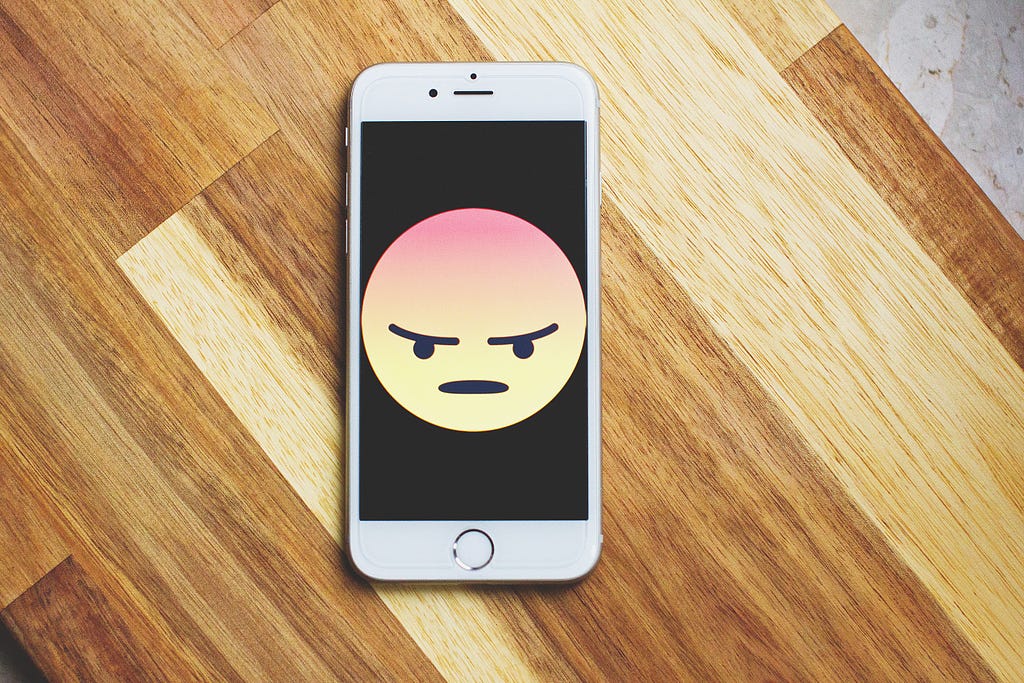Biz Tips: What Should We Do First When A Social Media Crisis Hit?
GROWTH:
What Should We Do First When A Social Media Crisis Hit?

Social media has become an increasingly important part of today’s marketing strategy. It is often perceived as a cheap and effective way to promote a business. It is the best thing since sliced bread — that is until a social media crisis hit.
First of all, we need to determine if there is a true crisis at hand. Let’s consider a contrarian view. Could this “crisis” be helpful? There is the saying “no publicity is bad publicity”. This can be particularly true for small brands. Any publicity is going to bring the awareness of an unknown brand. Even if the publicity is around a controversial subject, at least now people know that we exist. Who knows, people may even take our side.
Sometimes, such controversies can even kick start a brand. Think pop stars and rappers. Our first memory of a nowadays famous pop icon could very well be a controversial, or negative, one. Nevertheless, the controversy piqued our interests, and we Googled them. Eventually, we got to know them, which would have been the first step toward buying from them.
Being controversial can be a great thing. Any new idea, a truly new idea, is bound to contradict the existing doctrines and create controversies. A brand stands above a commodity because it stands for something. A Victoria Secret bra is not your Walmart bra because it’s specifically designed and made to make you feel sexy. However, there is a downside to this. To stand for something automatically means you are not going to stand for something else. For example, a Victoria Secret bra is not cheap. A real brand cannot be everything to everyone. This is not a new concept in marketing, but it’s not a concept that’s always practiced.
The unfortunate reality is that most marketers set out to create messages that offend the fewest people. They’re playing not to lose… If you’re not generating a negative reaction from someone, you’re probably not fascinating anyone. — Sally Hogshead, author of Fascinate
Having negative comments on social media may actually mean we’re doing something right! One of my favorite marketing books is Primal Branding by Patrick Hanlon, in which Patrick discussed the importance of non-believers. When a brand stands truly for something, we end up creating believers and non-believers, fans and haters. Haters gonna hate. To some extent, negative comments on social media should be expected.
In fact, an all positive presence is not believable. We cannot please everyone all the time — it’s simply impossible. Therefore, our audience can forgive some negative reviews or comments — as long as it’s few compared to the positive ones. Therefore, again, the first step is to assess if we truly have a social media crisis at hand. A negative comment by itself does not become a crisis.
However, when a negative comment gains traction, a crisis may be forming. How we handle negative comments can influence if such comments would gain a following or not.
First of all, the negative comments may not need to be addressed by the brand at all. Sometimes, our fans would address them for us, if we already have a loyal fan base. Someone may complain about the high price tag, and our fans may come to rescue by highlighting the high quality instead. This is the best case scenario.
If it isn’t something our fans can resolve for us, we would need to take actions ourselves. We want to appear to be sensitive toward the concern. After all, the customers are always right. Others are observing our reactions toward any complaints. Therefore, always respond to the comment in a timely and dignified manner. Yet at the same time, we don’t want a negative conversation to take up any more air. If possible, we would want to take this conversation away from the public view. One good way is to encourage the person to contact us directly (or to contact a customer services hotline so we can better understand the problem and where the person can get immediate help). Also, consider using direct messaging, particularly if the comment seems like a rant.
According to Yelp, 33% of users are more likely to upgrade their review if they receive a personalized message within 24 hours.